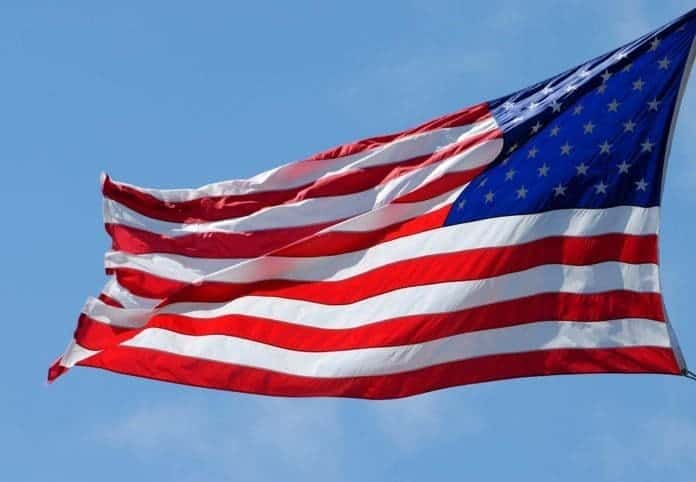
TOMS RIVER – As we celebrate our nation’s independence this month, all was not so certain here about that independence in July, 1776.
New Jersey was a dangerous place to be in the days before and after independence was declared, including our tiny patriot village of Toms River.
While Toms River was a patriot stronghold throughout the struggle for independence, some of our neighboring towns were not.
Just two weeks before independence would be declared by the Continental Congress sitting in Philadelphia, New Jersey’s Provincial Congress received a petition from “sundry inhabitants from the Township of Shrewsbury praying that no new mode of government may be established; that the present may continue; and that no measures may be adopted that tend to separate this Colony from Great Britain.”
Our town, which was then called Dover Township, was once part of Shrewsbury Township, having been carved out of it in 1767 when our legal charter was granted.
Uncertain Times
June and July 1776 were uncertain times in New Jersey as the minutes of the “Provincial Congress” reveal. This Congress – an unofficial body that challenged the royal “General Assembly” – acted as a “shadow” or alternative government to the King’s government, then headed by Governor William Franklin, the last royal governor of New Jersey. Franklin – Benjamin’s son – appointed in 1763, remained loyal to the British to the bitter end. New Jersey would have none of that and the Provincial Congress took the following action:
- On June 14, 1776, it voted 38-11 that Franklin’s order that the General Assembly meet to stave off talk of independence “ought not to be obeyed.” In so doing, it referred to him as “William Franklin, Esquire, and late Governor of New Jersey.” If this wasn’t treason to the British cause, nothing was.
- On June 16, 1776, another petition from Shrewsbury, along with one from Perth Amboy, was received “praying that the government of the Province of New Jersey may not be changed.” They were read and filed. The Provincial Congress then voted 41-10 that Franklin was “in contempt” of the Continental Congress and it voted 42-10 that “William Franklin, Esquire, has discovered himself to be an enemy to the liberties of this country, and that measures ought to be immediately taken for securing the person of the said William Franklin, Esquire.” Our governor – or former governor, depending on whose side you were on – was under arrest. Last, it voted that “all payments of money on account of salary, or otherwise, to the said William Franklin, Esquire, as Governor, ought from henceforth to cease.” This vote was 47-3.
- On June 18, 1776, the Provincial Congress read a letter from Nathaniel Heard who it had commissioned to see Franklin and request that he sign a written “parole” as to where Franklin would agree to move to – as the former governor. Heard reported that as to this parole that Franklin “absolutely refused” to sign it – whereupon 60 men were immediately placed on guard around his house. Franklin was effectively under arrest.
- On June 22, 1776, the final New Jersey stroke for independence was given, as instructions were given to our five delegates to the Continental Congress. It said: “The Congress, empower and direct you, in the name of this Colony, to join with the delegates of the other Colonies in Continental Congress, in the most vigorous measures for supporting the just rights and liberties of America. And, if you should judge it necessary and expedient for this purpose, we empower you to join with them in declaring the United States independent of Great Britain.”

July, 1776
Ten days later – on July 2, 1776 – they would vote for independence which was announced, publicly, on July 4th. But, it would require more than just words to gain independence. It would require action – military action – and soon action there would be.
On July 17, 1776, the Provincial Congress received a letter from John Hancock on behalf of the Continental Congress “requiring an addition of two thousand of the militia” to which “we, the deputies of New Jersey, in Provincial Congress assembled, do resolve and declare, that we will support the freedom and independence of the said States with our lives and fortunes and with the whole force of New Jersey.”
And the next day, July 18, 1776, it was voted that “instead of the style and title of the Provincial Congress of New Jersey, we do adopt and assume the style and title of the Convention of the State of New Jersey.”
Let Us Remember
More than 200 years later, sometimes we might take our independence for granted, but as those days in June and July 1776 demonstrate, all was not so certain. Let us remember this in the peace and comfort in our lives this July 4th.
Source: Journal of the Votes and Proceedings of the Convention of New Jersey, 1776, published in 1831 by J. Justice, Printer.






